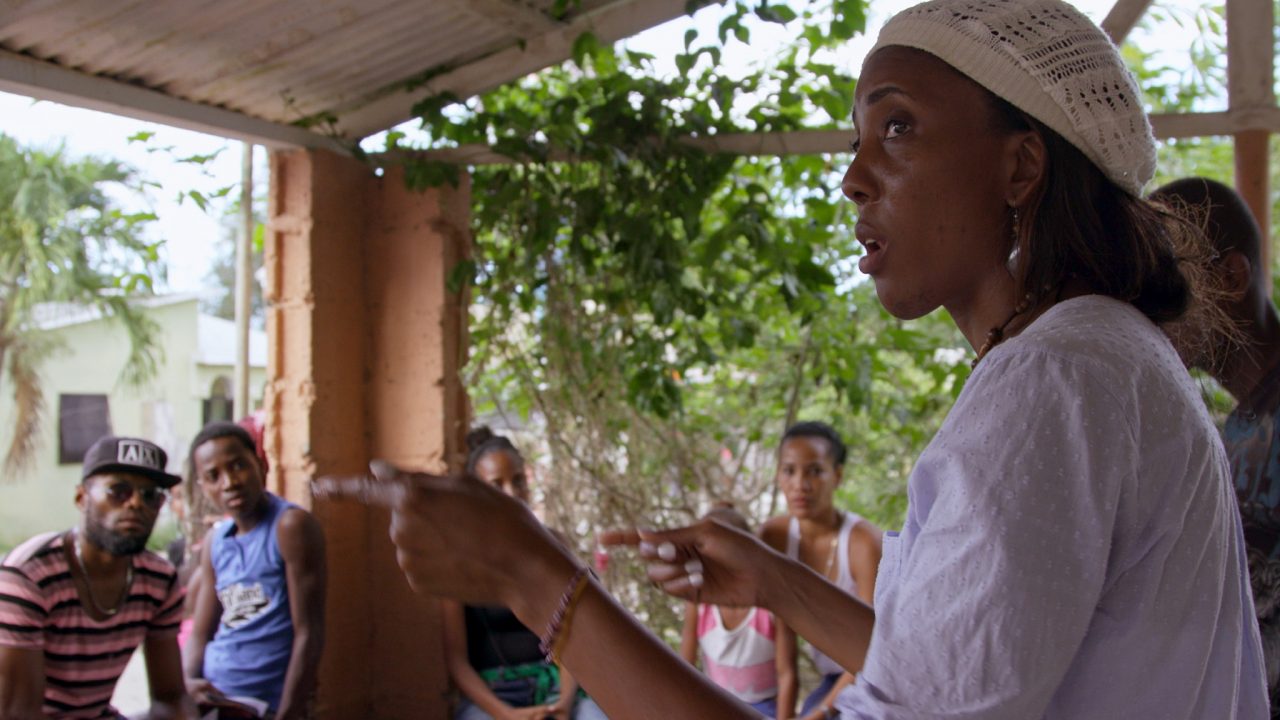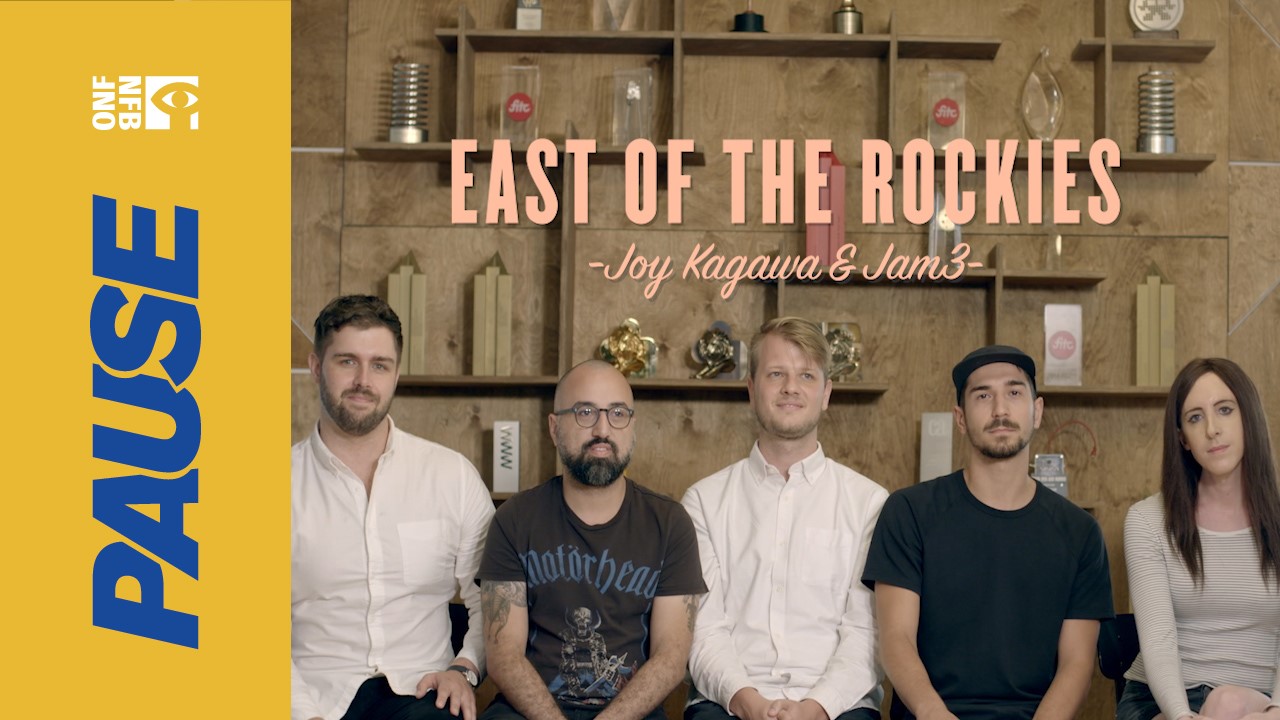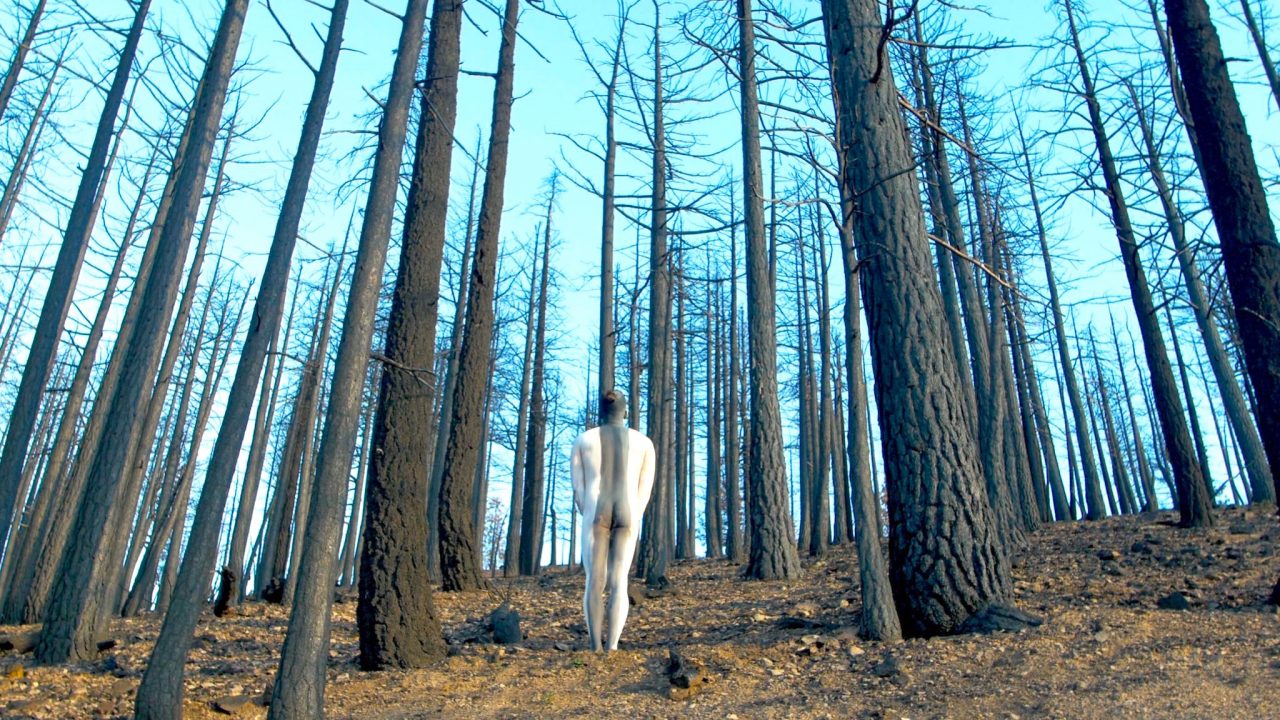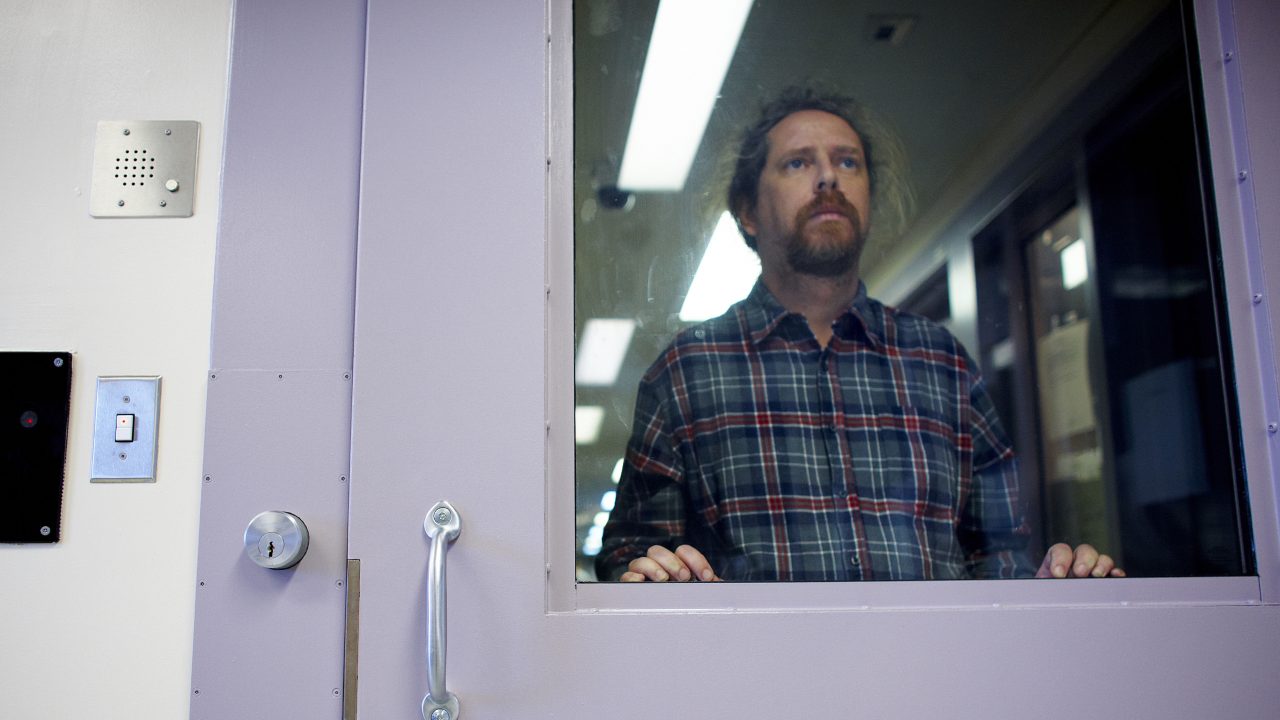Unwanted Soldiers: A tribute to Asian Heritage Month
This post was written by Aisling Chin-Yee and it originally appeared on the Work For All website.
Unwanted Soldiers, Jari Osborne, provided by the National Film Board of Canada
In recognition of Asian Heritage Month, this week’s Anti-Racism feature is Unwanted Soldiers, a personal documentary by Jari Osborne about her father, a Chinese Canadian WWII veteran.
Through the film she unwinds the story of her father’s contribution to Canada, both in WWII and at home in Vancouver, where the civil rights of the Chinese Canadian population were not at all equal to their white neighbours. Without the right to vote, hold public office, or even just obtaining work outside of the Chinatown ghetto, the discrimination against the Asian population of Vancouver in the 1940s was real and alive British Columbia. The Chinese Immigration Act of 1923 was a huge blow to the Canadian Chinese families, as it discouraged Chinese immigration, and cracked down on the Chinese where allowed to even visit Canada.
When the war broke out, many Chinese Canadian men wanted to enlist. They saw this as an opportunity to gain equal status as Canadian citizens if they fought next to their non-Chinese countrymen. But, the Canadian government did not want to grant this right, and would not allow Chinese Canadians to sign up for service. That was, until the British government saw an opportunity to take advantage of the colour of their skin and language skills.
Needing to place secret operatives in South East Asia, the Chinese Canadian population became ideal candidates for “blending in”, speaking the language in occupied Malaya. About a dozen men were selected to train secretly for this operation, and then embark on the very dangerous operation that would have no on ground support by the rest of the army. Osborne’s father, was one of the men selected.
Osborne’s father and war buddies recount their life in British Columbia before the war, and afterwards. The feeling you have when you don the uniform, and walk down the streets of downtown Vancouver enjoying the full rights of Canadian citizenships. As is described in the film, the Chinese Canadian war veterans gave to their country at war, but what they contributed to the advancement of the rights of Chinese Canadians was paramount.
This film does more than reveal an important period in Canadian history. It pays moving tribute to a father’s quiet heroism.



